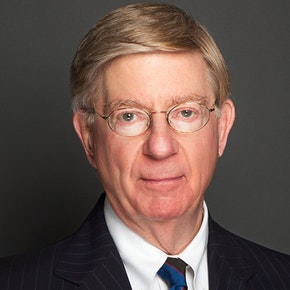
U.S. Senate
See Full Big Line
(D) J. Hickenlooper*
(R) Somebody
80%
20%

Governor
See Full Big Line
(D) Phil Weiser
(D) Joe Neguse
(D) Jena Griswold
60%
60%
40%↓

Att. General
See Full Big Line
(D) M. Dougherty
(D) Alexis King
(D) Brian Mason
40%
40%
30%

Sec. of State
See Full Big Line
(D) A. Gonzalez
(D) George Stern
(R) Sheri Davis
50%↑
40%
30%

State Treasurer
See Full Big Line
(D) Brianna Titone
(R) Kevin Grantham
(D) Jerry DiTullio
60%
30%
20%

CO-01 (Denver)
See Full Big Line
(D) Diana DeGette*
(R) Somebody
90%
2%

CO-02 (Boulder-ish)
See Full Big Line
(D) Joe Neguse*
(R) Somebody
90%
2%

CO-03 (West & Southern CO)
See Full Big Line
(R) Jeff Hurd*
(D) Somebody
80%
40%

CO-04 (Northeast-ish Colorado)
See Full Big Line
(R) Lauren Boebert*
(D) Somebody
90%
10%

CO-05 (Colorado Springs)
See Full Big Line
(R) Jeff Crank*
(D) Somebody
80%
20%

CO-06 (Aurora)
See Full Big Line
(D) Jason Crow*
(R) Somebody
90%
10%

CO-07 (Jefferson County)
See Full Big Line
(D) B. Pettersen*
(R) Somebody
90%
10%

CO-08 (Northern Colo.)
See Full Big Line
(R) Gabe Evans*
(D) Yadira Caraveo
(D) Joe Salazar
50%
40%
40%

State Senate Majority
See Full Big Line
DEMOCRATS
REPUBLICANS
80%
20%

State House Majority
See Full Big Line
DEMOCRATS
REPUBLICANS
95%
5%
 June 16, 2020 01:42 PM UTC
June 16, 2020 01:42 PM UTC 1 Comments
1 Comments
Long ago and a fair distance away, I was a teaching assistant with two sections (20-25 students each) of Rhetoric, expecting a paper or speech from each of them every week of the 15 week semester. I wound up reading or hearing “original work” in about 600-750 items of student work each semester.
If I saw this level of overlap, I’d want to know more about the process of writing, the mechanics of getting the same sequence of ideas and many of the same words. And I would urge modifications of process to avoid such extensive overlap without explicit acknowledgement. If the problem occurred again, the speaker/writer would be referred to more formal training. A third time was enough to have me refer students to a disciplinary process and put a penalty on the assignment’s grade.
The plagiarism isn’t as extensive or consequential as many other instances. On the other hand, there hasn’t been a thorough examination of a broader range of Mr. Hill’s writing or speaking to know if his processes of creating have been “given a lift” on one occasion, a few cases, or frequently.
Perhaps this will be a sufficient warning and trigger additional thought about how to create and present, even in a somewhat informal setting.